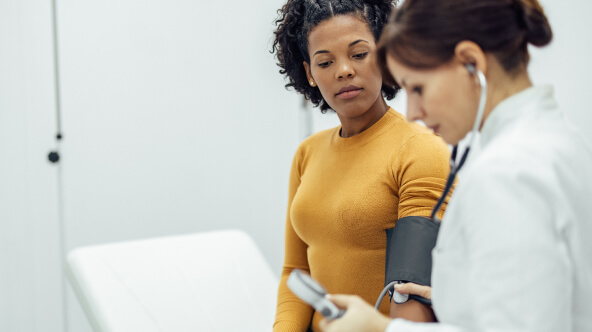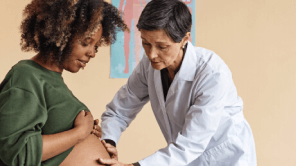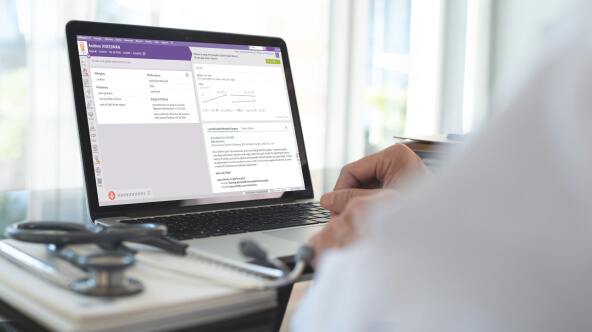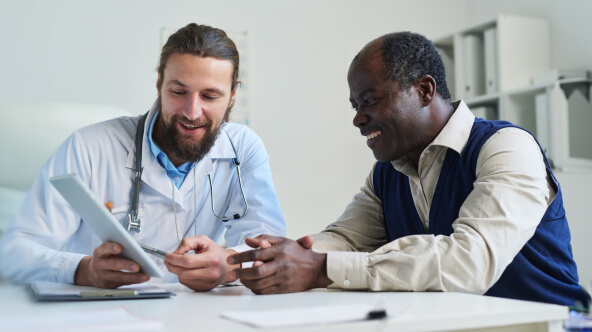Resource Center
Blog
- athenahealth
- December 24, 2024
- 5 min read
2025 healthcare predictions from our network
Get insights from clinicians and practice leaders about what they’re watching for healthcare in 2025. Read more
5 min read
2025 healthcare predictions from our network
Get insights from clinicians and practice leaders about what they’re watching for healthcare in 2025.

8 min read
Understanding value based healthcare reimbursement models
How do different value based care programs pay practices? Read our guide to these payment models.

12 min read
How to choose the right value-based care model for your practice
How do you choose the right value based care model? Read our guide to learn which questions to ask when making this important decision.

21 min read
The state of the network, with CEO Bob Segert
Read his perspective on the rapidly changing healthcare industry—and how we plan to support you

7 min read
Examining maternal mental health from a new lens
Research shows that not all new mothers receive the same level of mental healthcare. Learn how telehealth impacts mental health screening for mothers.

6 min read
How to Manage Your Patient Communications Inbox Without Burning Out
As a physician, you know that keeping patients engaged and satisfied is crucial for their health outcomes. Regular and timely communication plays a key role in improving patient adherence to treatment plans, ensuring they follow through with medication regimens, attend necessary appointments, and understand their diagnoses. In fact, consistent

7 min read
Exploring different value-based care models
Want to understand the pros and cons of four value-based care payment models? Read to learn more.

11 min read
athenaClinicals, athenaCollector and athenaCommunicator … all in athenaOne
At athenahealth, we’ve been helping physicians manage their practices for almost three decades. After opening our doors in 1997 as a women’s health practice, we introduced our original medical billing and revenue cycle management software, athenaCollector® in 2000 to assist physicians with the complex processes of getting paid.

11 min read
Top Healthcare Industry Insights and Predictions for 2025
Explore healthcare trends for 2025: AI advancements, urgent care growth, and value-based care. Get insights to stay ahead and tackle industry challenges.

The 3 Stages of Meaningful Use in Healthcare
Each level aims to help expand EHR’s for providers to supply better outcomes to patients

8 min read
Are you ready for a value-based care model?
What is the definition of value-based care? What should healthcare providers in the US know about it? Learn more.

7 min read
athenahealth Thrive 2024 Deep Dive: Building a Thriving Ecosystem for the Future of Healthcare
Read this recap of innovations and announcements from athenahealth’s 2024 Thrive customer event, including a new ambient listening for ai clinical notes technology.







